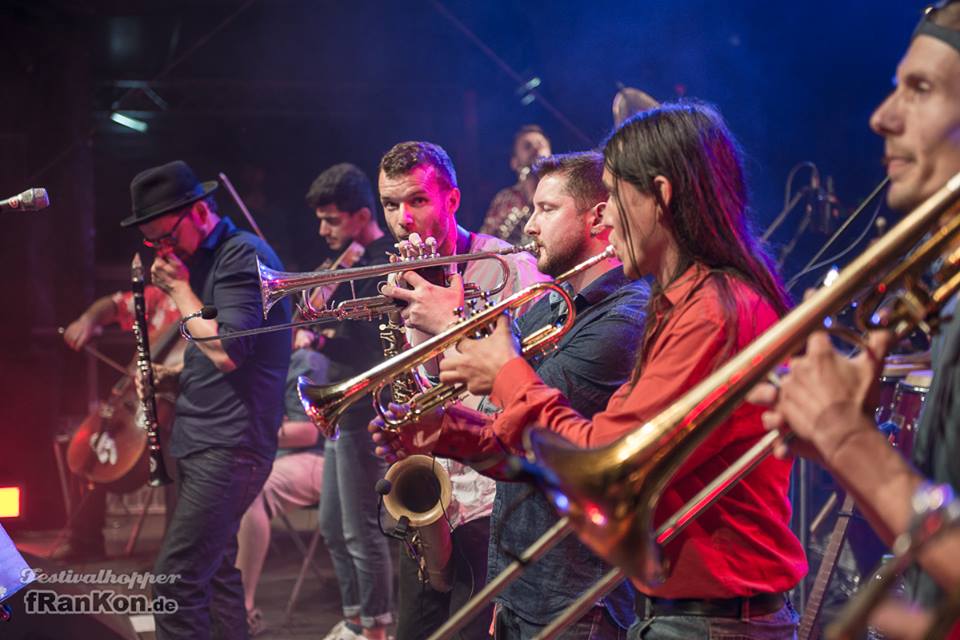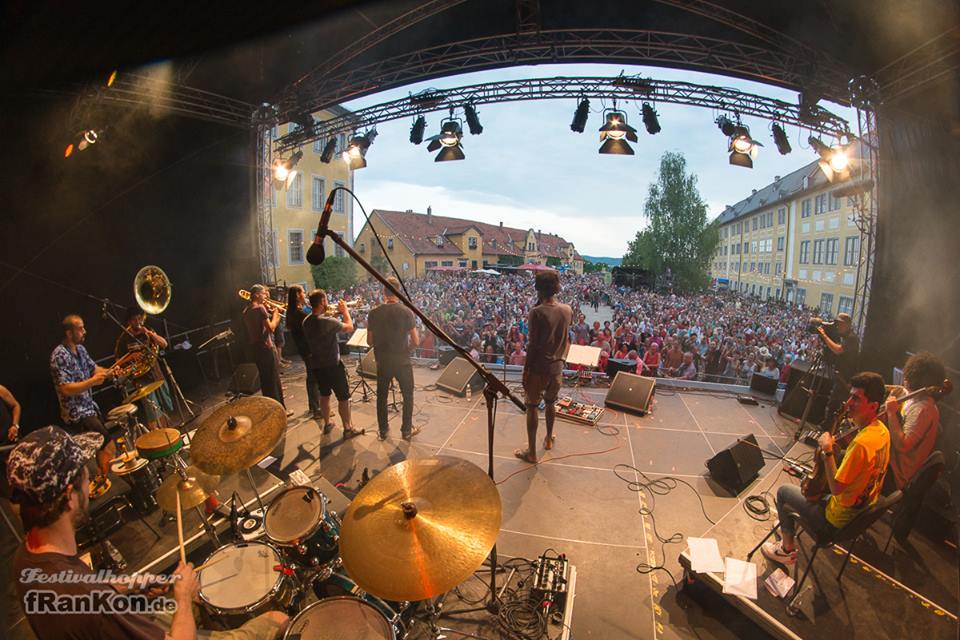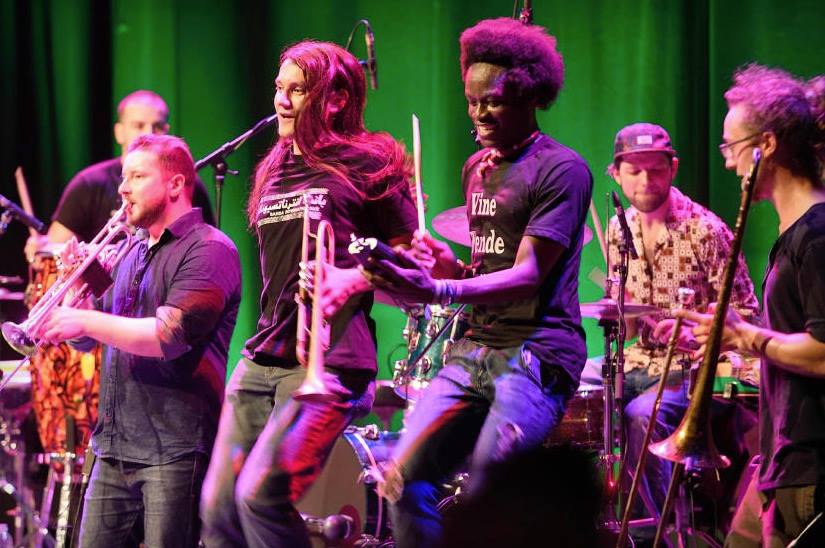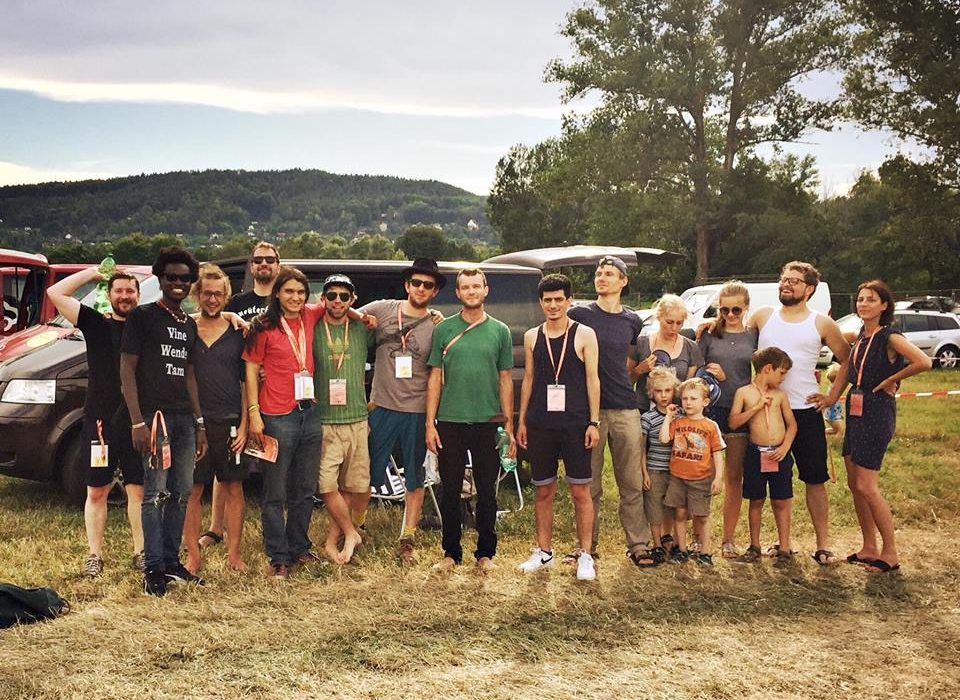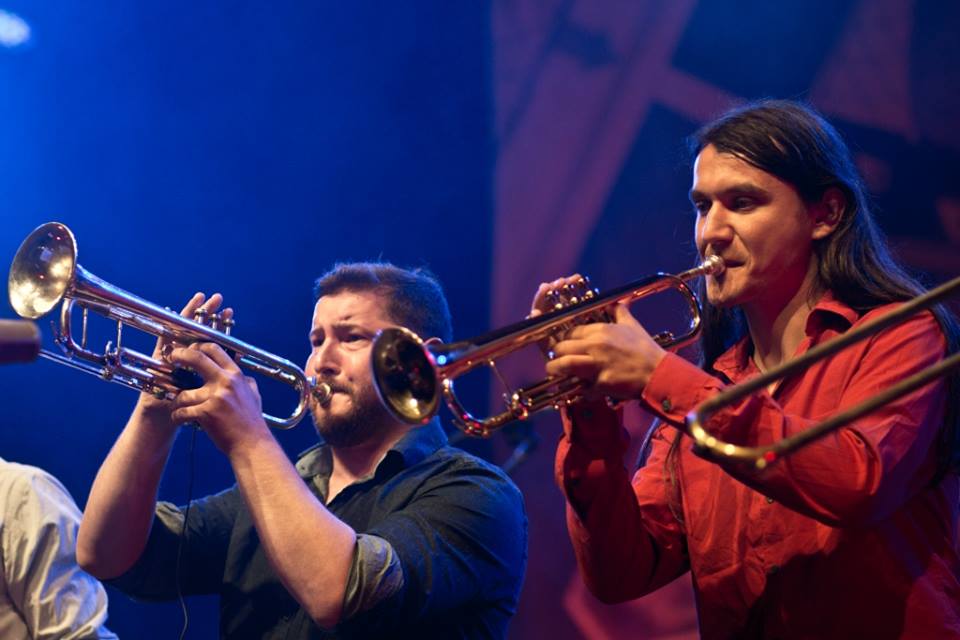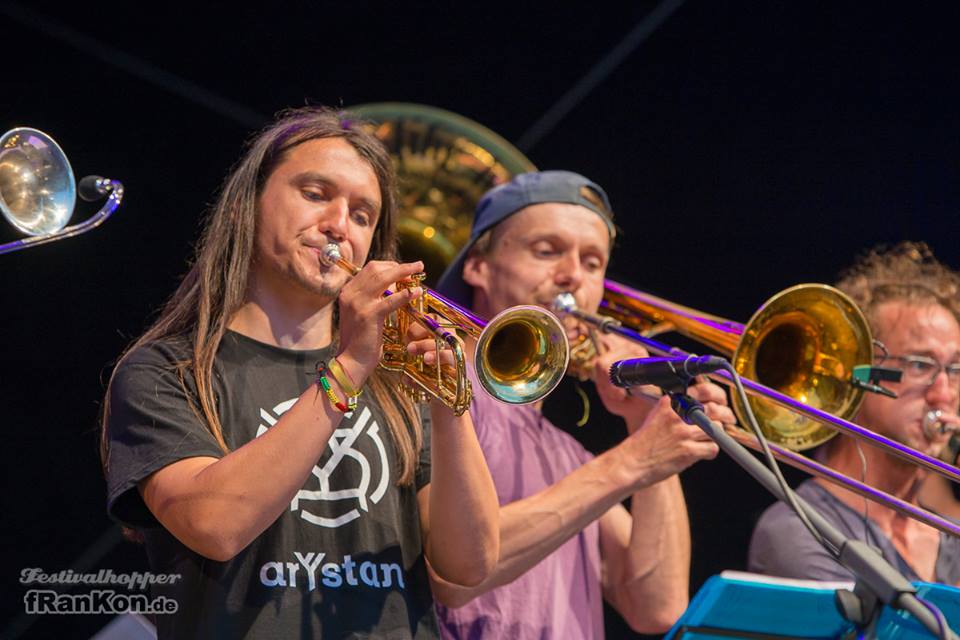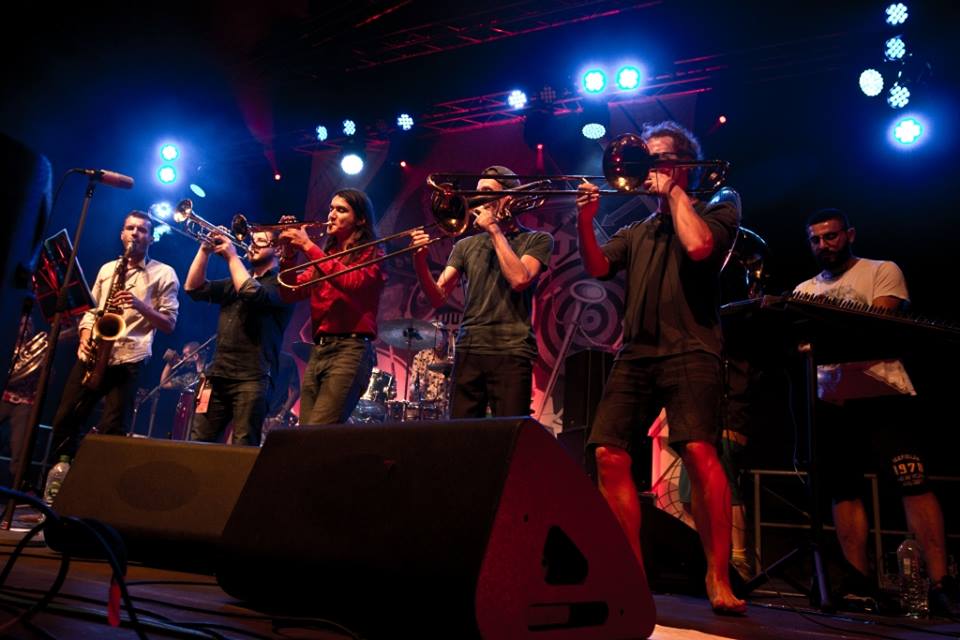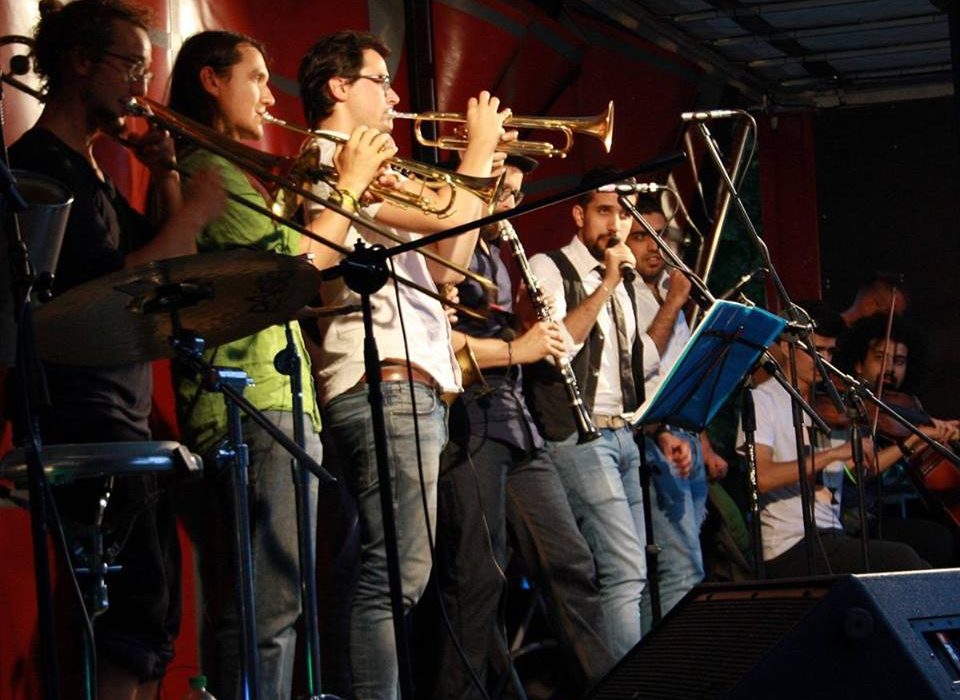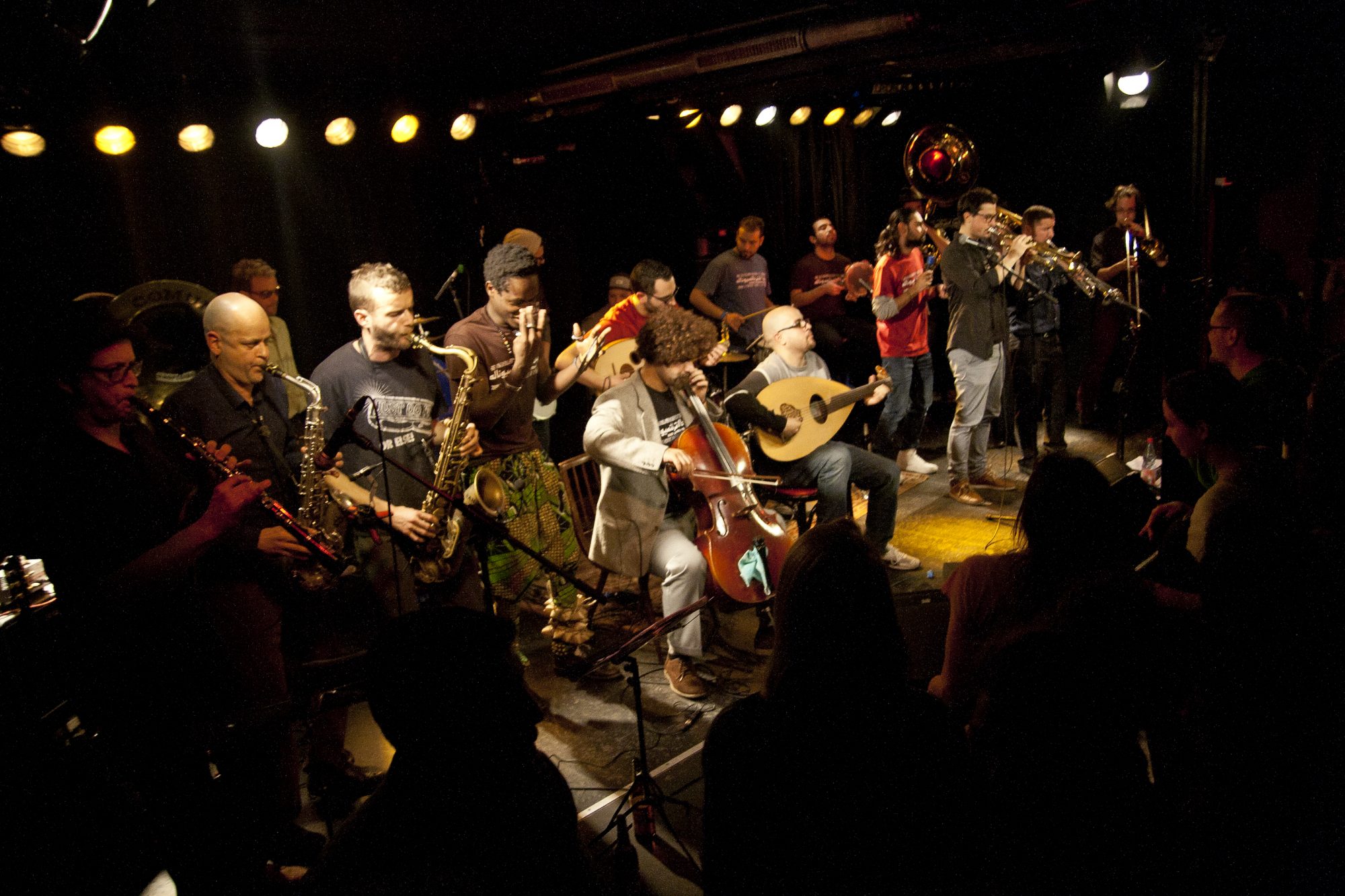
Banda Comunale
Banda Comunale: Celebrating Diversity through Multicultural Music
Banda Comunale comprises 20 musicians hailing from diverse backgrounds spanning Germany, Syria, Palestine, Scotland, Israel, Brazil, Italy, Bavaria, Russia, Poland, and Iraq. Their eclectic repertoire includes Afrofunk, Balkan brass, klezmer, cumbia, and oriental hits, all carried in their suitcases. Their collective abode? Dresden.
Challenging Perceptions: Musical Resistance
For supporters of PEGIDA, Banda Comunale stands as a symbol of the West’s supposed tonal demise and the demise of the dominant culture. To them, it represents the loud evidence of a significant cultural exchange, an anthem urging dissenters to disintegrate. The band, however, continues to nonchalantly trumpet their tunes in defiance.
Foundation and Mission: A Musical Rebellion
Established in 2001 as a protest against Nazi marches, Banda Comunale was resolute from the start that their music should reflect global inclusivity. While some in Dresden culturally isolate themselves, the band ventures into clubs, streets, and squares, belting out Serbian coceks, Colombian cumbias, or Algerian rai, promoting cultural unity through music.
Performance Highlights
We performed at the 100th German Katholikentag in Leipzig, the Saxon Kulturtagen in Wroclaw/Poland and the Heimatsound Festival in Oberammergau/ Bavaria. We also appeared at the Kunstfest in Weimar, the Jewish Achava Festspiele in the Thuringian parliament and the Morganland Festival in Osnabrück.
Awards and Recognitions
In 2016, we were awarded the BKM-Preis by cultural minister Monika Grütters, and we were recognized by Sächsischen Förderpreis für Demokratie, dem Sächsischen Preis für Soziokulturelles Engagement and singled out as Ausgezeichneter Ort in Deutschland, Land der Ideen by the Deutsche Bank.
Educational Initiatives
In 2019, the ensemble was recognized for its music education projects in the competition „Active for Democracy and Tolerance“ competition by the Alliance for Democracy and Tolerance – against Extremism and Violence“.
Since 2017, the collective has been running music education projects with children and young educational music projects with children and young people at schools and youth centers in Saxony.
For us, however, our most important concerts took place in towns like Freital, Bautzen, and Plauen, which have become synonymous with publically accepted xenophobia and rightwing extremist attacks. This is what we continue to see as our most important work, and from now on, we will make music against rightwing extremism, prejudice, and exclusion with twice the force.




